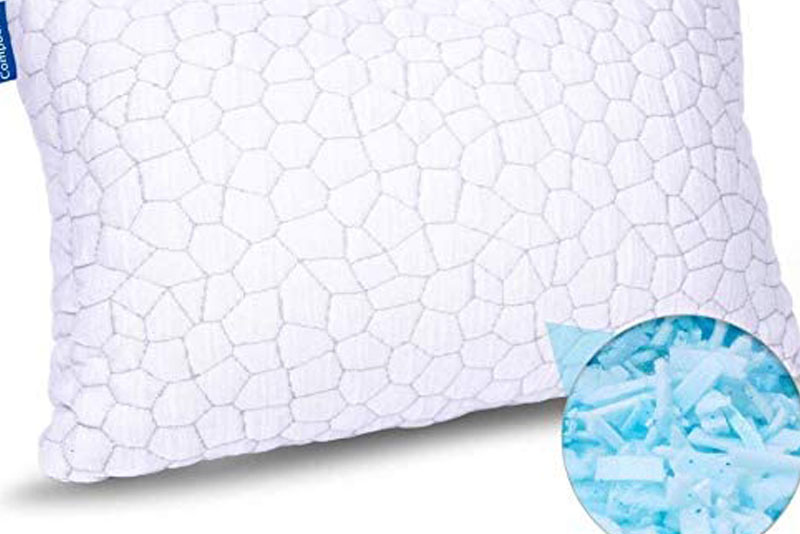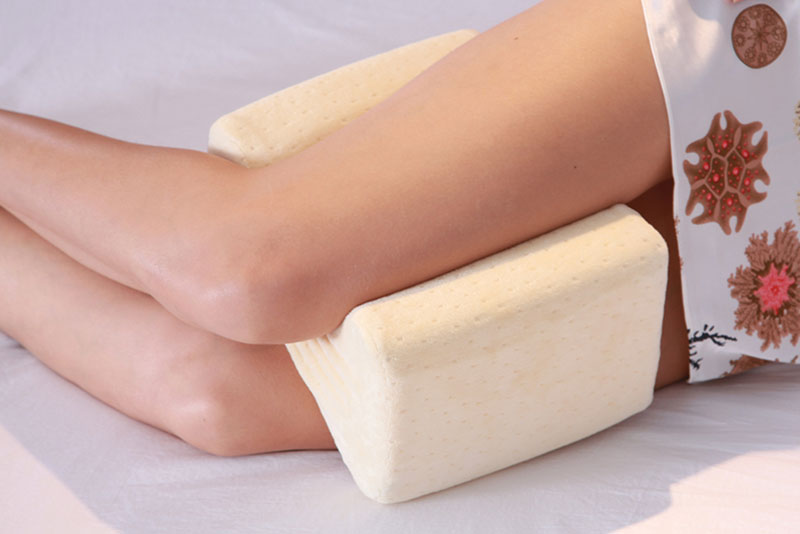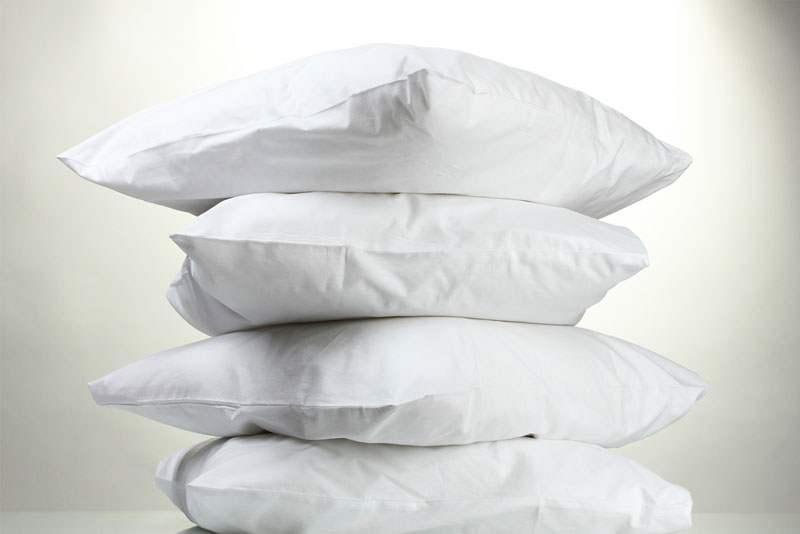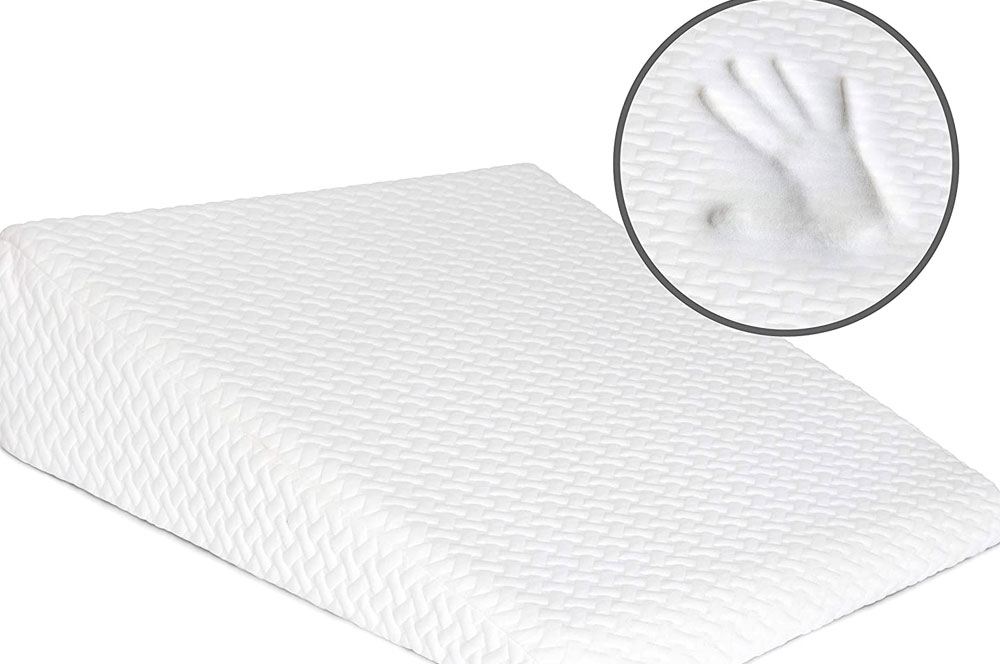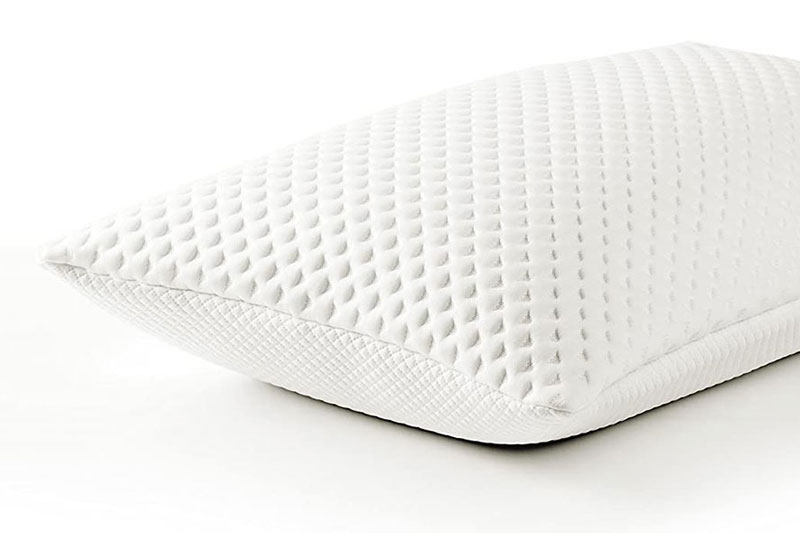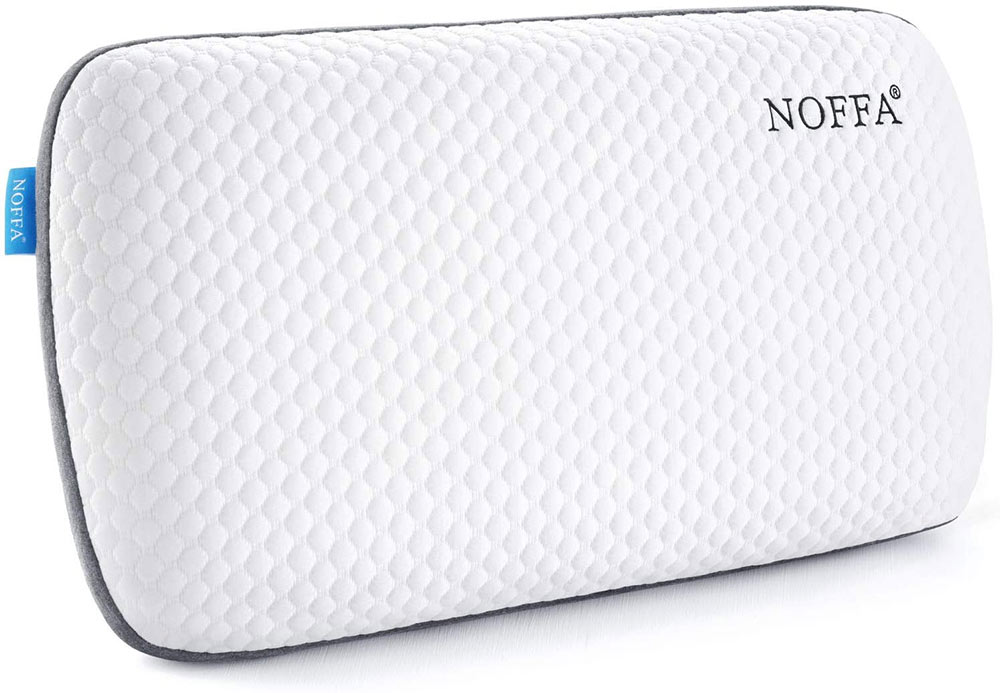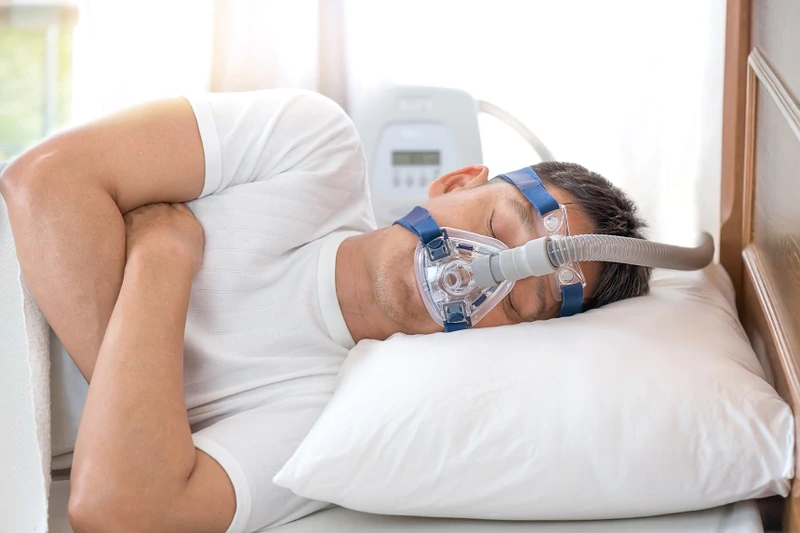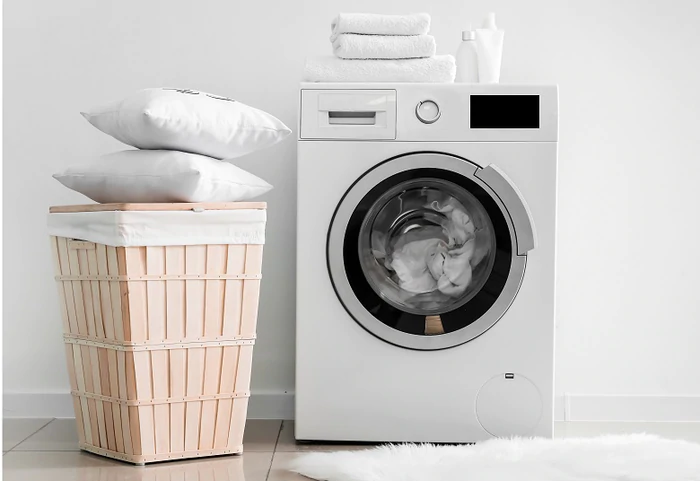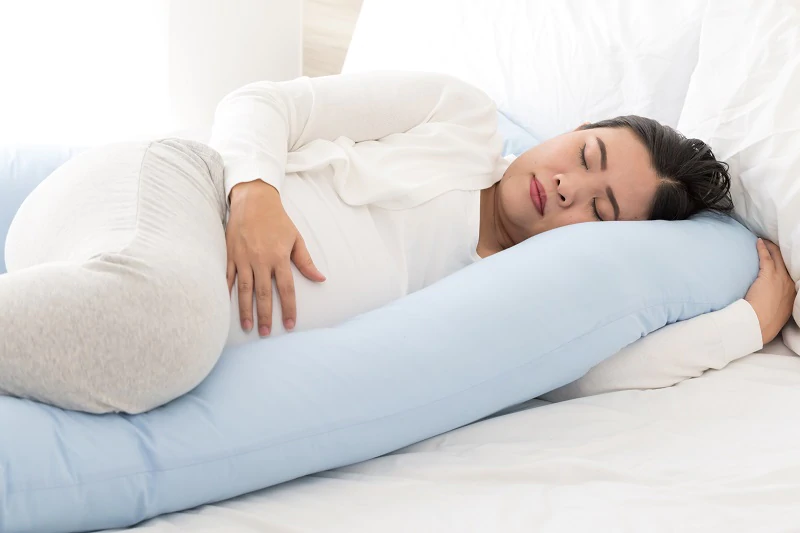How a Memory Foam Pillow Can Help with Dental Problems
When it comes to dental health, most people think of [...]
Say Goodbye to Snoring: The Latest in Mouthpiece Technology
Snoring is a common problem that affects millions of people [...]
Dental Health and the Role of Memory Foam Pillows: A Surprising Connection
Dental health is often linked with lifestyle choices, hygiene habits, [...]
Memory Foam Pillow: A Solution for Neck Pain and Rheumatology Problems
Neck pain is a common issue that affects millions of [...]
What is Shredded Memory Foam Pillow and Is It Better?
Memory foam pillows have drastically increased in popularity over [...]
Sleeping With a Pillow Between Knees
Sleep is essential for life and unfortunately, not everyone [...]
How to Dry Memory Foam Pillow
Memory foam pillows are among the most comfortable types [...]
Are Pillow Sprays Safe?
Pillow sprays are generally safe to use and can [...]
Best Memory Foam Wedges Pillows
Best Memory Foam Wedges Pillows [...]
Tempur Memory Foam Pillow
Tempur Comfort Pillow 74cm x 50cm – Filled [...]
Noffa Memory Foam Pillow
Noffa Orthopedic Pillow Support for your neck and [...]
Silent Night Memory Foam Pillow
The average person spends 8 hours each night sleeping [...]
Can Memory Foam Pillows Help with Sleep Apnoea?
Memory foam pillows can help if you suffer from [...]
Bamboo Memory Foam Pillows
Bamboo memory foam pillows are often created using bamboo fibres [...]
How Often Should You Replace a Memory Foam Pillow?
A memory foam pillow should be replaced every 18-36 months. [...]
Are Memory Foam Pillows Good for Your Back?
Memory foam pillows are good for supporting your back because [...]
Panda Memory Foam Pillows
set out on a mission in 2015 to redefine [...]
10 Health Benefits of Memory Foam Pillows
Memory foam is a unique material which reacts to your [...]
Can Memory Foam Pillows Be Washed?
Memory foam pillows should never be put in the [...]
How to Clean a Memory Foam Pillow?
We spend every night with our head against our [...]
Are Memory Foam Pillows Good for Snoring?
Sleeping on a memory foam pillow can reduce snoring [...]
Are Body Pillows Good For Pregnancy?
Pregnancy can play havoc with your sleep patterns, especially [...]
Best Travel Memory Foam Pillows
Best memory foam travel pillows There are many [...]
How to Sleep on a Memory Foam Pillow
If you want to reduce back pain, ease a [...]





